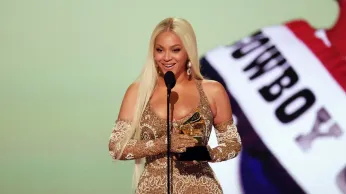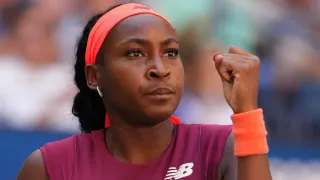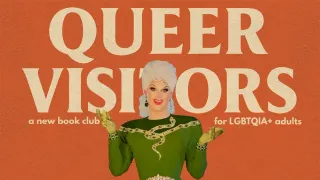
Aug 7
Piers Morgan Accuses Beyoncé of ‘Culturally Appropriating’ Marilyn Monroe
READ TIME: 3 MIN.
On August 6, 2025, British broadcaster Piers Morgan again found himself at the center of controversy after responding to Beyoncé’s latest campaign for Levi’s. The campaign, which features Beyoncé styled with platinum blonde curls, winged eyeliner, and red lipstick—evoking the iconic look of Marilyn Monroe—was met with Morgan’s post on X (formerly Twitter): “Very disappointed to see Beyoncé culturally appropriate Marilyn Monroe in her new Levi’s ad” .
Morgan’s tweet quickly went viral, amassing hundreds of thousands of views and sparking nearly 2,000 replies. The remark was made in the context of ongoing debates about celebrity image and representation, especially following recent controversy over Sydney Sweeney’s American Eagle ad, which itself had drawn polarized reactions from both conservative and progressive commentators .
Morgan’s accusation was met with swift backlash. Many commentators, including prominent voices in the LGBTQ+ and Black communities, pointed out that Marilyn Monroe represents an individual legacy, not a distinct cultural tradition. Social media users emphasized that “Marilyn Monroe is an icon, not a culture,” and argued that Beyoncé’s campaign was more an homage than appropriation .
Some critics accused Morgan of misunderstanding the concept of cultural appropriation, which typically refers to the adoption or use of elements of one culture by members of another, often in a way that erases or commodifies marginalized cultures. In this case, many felt the term was misapplied, as Monroe’s image is a product of Hollywood and personal branding rather than a unique cultural heritage .
Morgan later defended his comment as a joke, stating, “I can’t believe anyone took my obvious Beyoncé joke seriously, but I forgot some people have no sense of humor” . However, the reaction had already sparked broader discussions about public responsibility and the boundaries of humor, particularly for high-profile figures.
Beyoncé’s campaign and the subsequent discourse resonate within LGBTQ+ circles, especially considering the historical and ongoing conversations about representation, intersectionality, and the appropriation of queer and Black aesthetics by mainstream culture. Monroe herself is an enduring gay icon, celebrated for her camp sensibility and tragic narrative, while Beyoncé’s cultural significance spans music, Black empowerment, and LGBTQ+ allyship.
For many LGBTQ+ people, particularly those who navigate race and gender identity, the debate highlights how mainstream conversations often overlook the layered realities of identity politics. Beyoncé’s homage to Monroe can be seen as a celebration of powerful femininity that transcends race and era—a concept familiar to queer communities who have long reclaimed and reimagined cultural icons .
Online, LGBTQ+ creators and activists underscored the importance of context. They noted that accusations of appropriation against Black women often have racist undertones, especially when the original icons (like Monroe) were themselves influenced by Black culture—Monroe famously championed jazz singer Ella Fitzgerald, for instance. LGBTQ+ commentators called for a more nuanced approach to discussions about homage, influence, and representation instead of resorting to inflammatory language .
The controversy also brings media responsibility into focus. As a public figure with millions of followers, Piers Morgan’s comments have the power to amplify misunderstandings or perpetuate harmful narratives. Advocates argue that celebrities and journalists must engage thoughtfully with sensitive cultural topics and be mindful of how their words may reinforce or challenge existing prejudices .
Media watchdogs and LGBTQ+ advocacy groups reiterated the need for greater awareness of intersectionality in pop culture debates. They emphasized that media outlets and personalities should avoid conflating individual style choices with cultural appropriation and instead use their platforms to elevate discussions about diversity, inclusion, and the complexities of identity .






